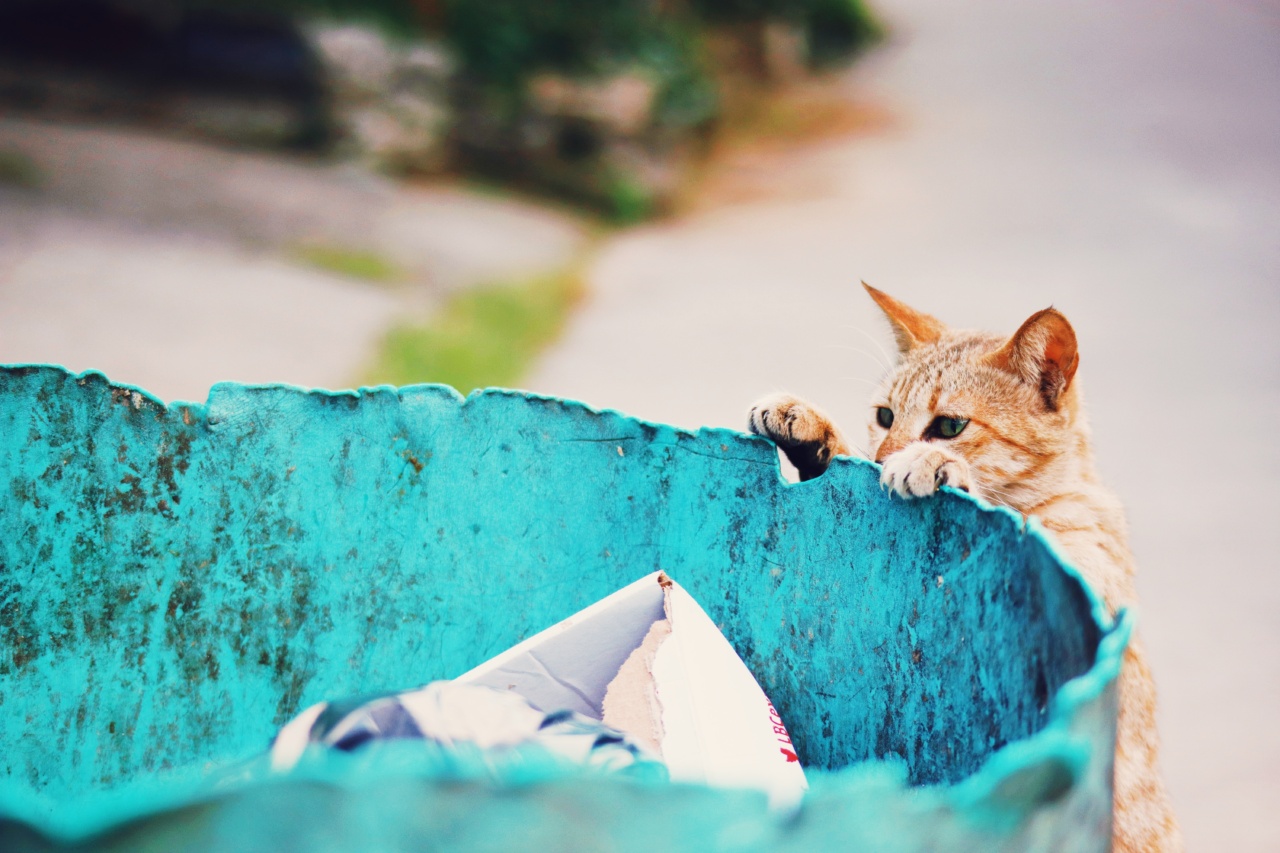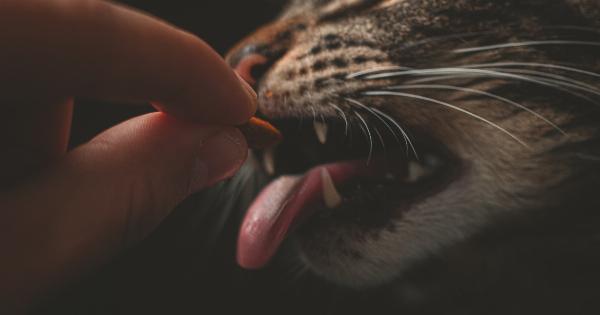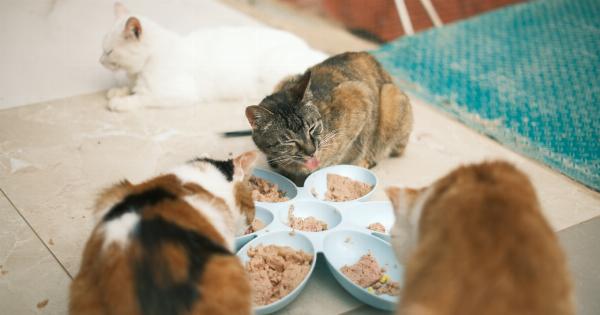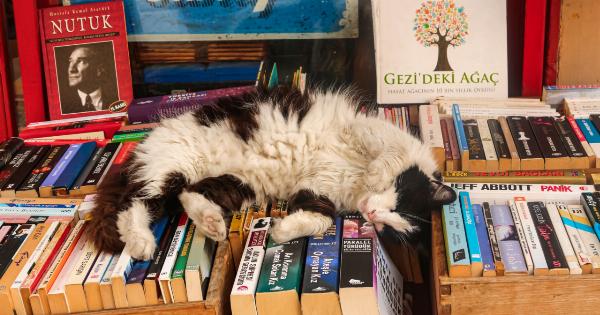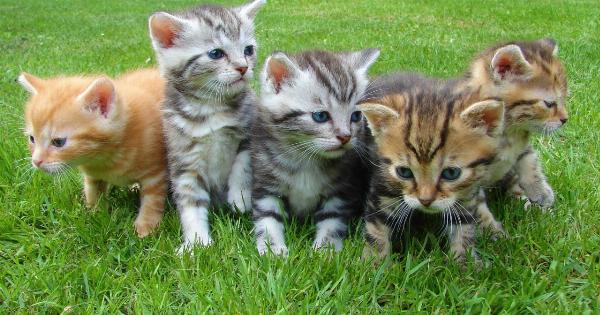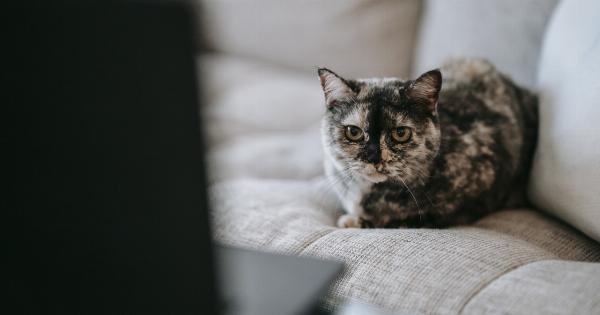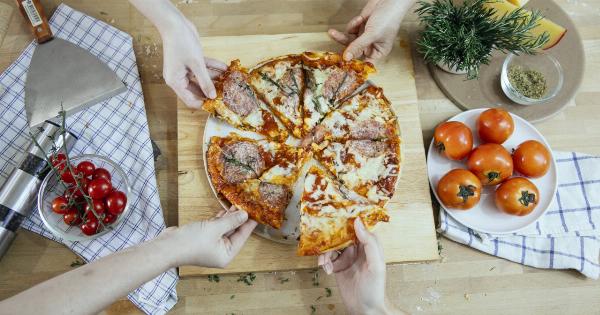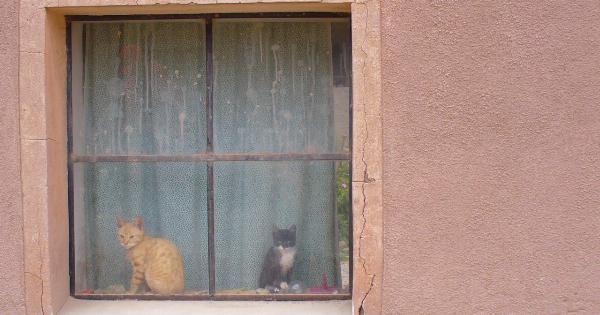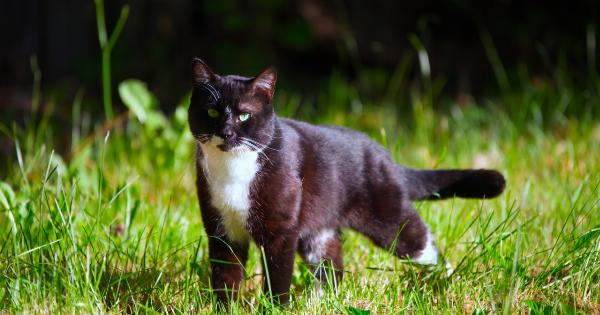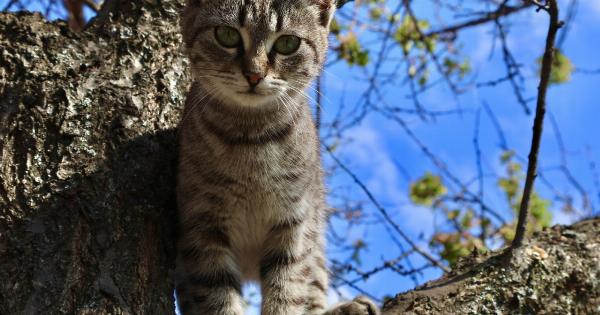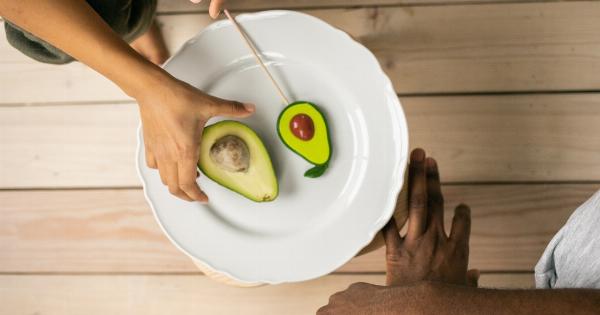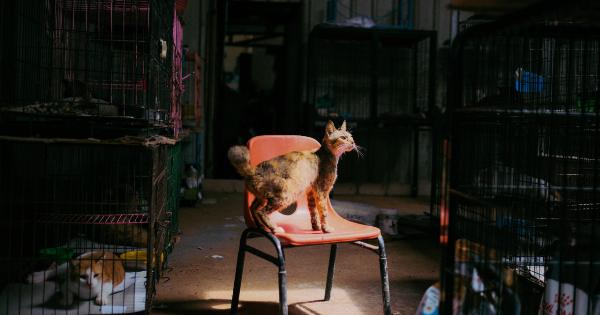While cats are known for their unique and often picky eating habits, it’s important for cat owners to be aware that not all foods are safe for their feline companions.
Some human foods can be toxic or cause gastrointestinal upset in cats, leading to a range of health issues. To keep your furry friend happy and healthy, it’s crucial to avoid feeding them certain foods that can make them sick.
1. Chocolate and caffeine
Chocolate contains theobromine, a compound that can be toxic to cats. Consumption of chocolate can lead to symptoms such as vomiting, diarrhea, rapid breathing, abnormal heart rhythm, muscle tremors, and even seizures.
Caffeine, found in coffee, tea, and some sodas, can also be harmful to cats. It can cause restlessness, rapid breathing, tremors, and in severe cases, even death.
2. Onions and garlic
Onions and garlic, whether raw, cooked, or in powdered form, contain compounds that can damage a cat’s red blood cells and cause a condition called hemolytic anemia.
Symptoms may include weakness, pale gums, increased heart rate, and breathlessness. Cats are particularly sensitive to these ingredients, so it’s best to avoid feeding them any food that contains onion or garlic.
3. Grapes and raisins
Although the exact substance within grapes and raisins that is toxic to cats is unknown, even small amounts can cause kidney failure in felines.
Signs of grape or raisin ingestion may include vomiting, diarrhea, decreased appetite, abdominal pain, and lethargy. If your cat has consumed grapes or raisins, it’s important to seek veterinary attention immediately.
4. Alcohol
Alcohol, including beer, wine, and spirits, should never be given to cats. Even small amounts can cause alcohol poisoning, leading to symptoms like disorientation, lethargy, tremors, and difficulty breathing.
In severe cases, it can result in a coma or even death. Remember to keep alcoholic drinks out of reach of your curious feline friends.
5. Milk and dairy products
Contrary to the popular image of cats lapping up milk, most adult cats are lactose intolerant. They lack the necessary enzymes to properly digest lactose, which can lead to gastrointestinal upset including diarrhea, bloating, and gas.
While a small amount of milk or dairy occasionally may not cause issues, it’s best to avoid regularly feeding your cat these products.
6. Raw eggs, meat, and fish
Raw eggs, meat, and fish can contain harmful bacteria such as Salmonella or E. coli, which can cause food poisoning.
Additionally, raw eggs contain avidin, an enzyme that can interfere with the absorption of biotin, a B-vitamin necessary for cell growth and coat health. Cooking these foods thoroughly before feeding them to your cat eliminates the risk of bacterial contamination and potential nutrient deficiencies.
7. Bones
While cats are carnivores, feeding them bones, especially cooked bones, is highly discouraged. Cooked bones can splinter and pose a choking hazard, or cause tears or obstructions in the digestive tract.
Raw bones can also be dangerous as they may break teeth or cause injuries while chewing. It’s safer to offer your cat specially prepared cat bones or treats made specifically for feline consumption.
8. Xylitol
Xylitol, a sugar substitute found in various human foods such as sugar-free gum, candy, and even some peanut butter brands, can be extremely toxic to cats.
Ingestion of xylitol can lead to a rapid release of insulin, resulting in a severe drop in blood sugar levels. Symptoms may include vomiting, lethargy, loss of coordination, seizures, or even liver failure.
9. Salty foods
Cats have a low tolerance for salt and consuming excessive amounts can result in sodium ion poisoning. Symptoms of salt poisoning include vomiting, diarrhea, increased thirst, tremors, seizures, and in severe cases, coma or death.
It’s important to avoid giving your cat foods that are excessively salty, such as chips, pretzels, or processed meats.
10. Medications and certain plants
Several human medications can be toxic to cats, including over-the-counter drugs like acetaminophen and ibuprofen, as well as prescription medications meant for humans or other animals.
It’s crucial to keep all medications securely stored and out of reach of your cat. Additionally, certain plants like lilies, azaleas, and tulips can be highly toxic to cats if ingested, so it’s important to research the safety of plants in your home or outdoor environment.
Conclusion
As a responsible cat owner, it’s vital to be aware of the potential dangers that certain human foods can pose to your furry feline companion.
Avoiding foods like chocolate, onions, grapes, alcohol, and medications can help prevent potentially serious health issues in cats. Providing a balanced and species-appropriate diet is crucial for maintaining your cat’s well-being.
Always consult with your veterinarian if you suspect your cat has ingested something toxic, as early intervention can be key in ensuring your cat’s swift recovery.
